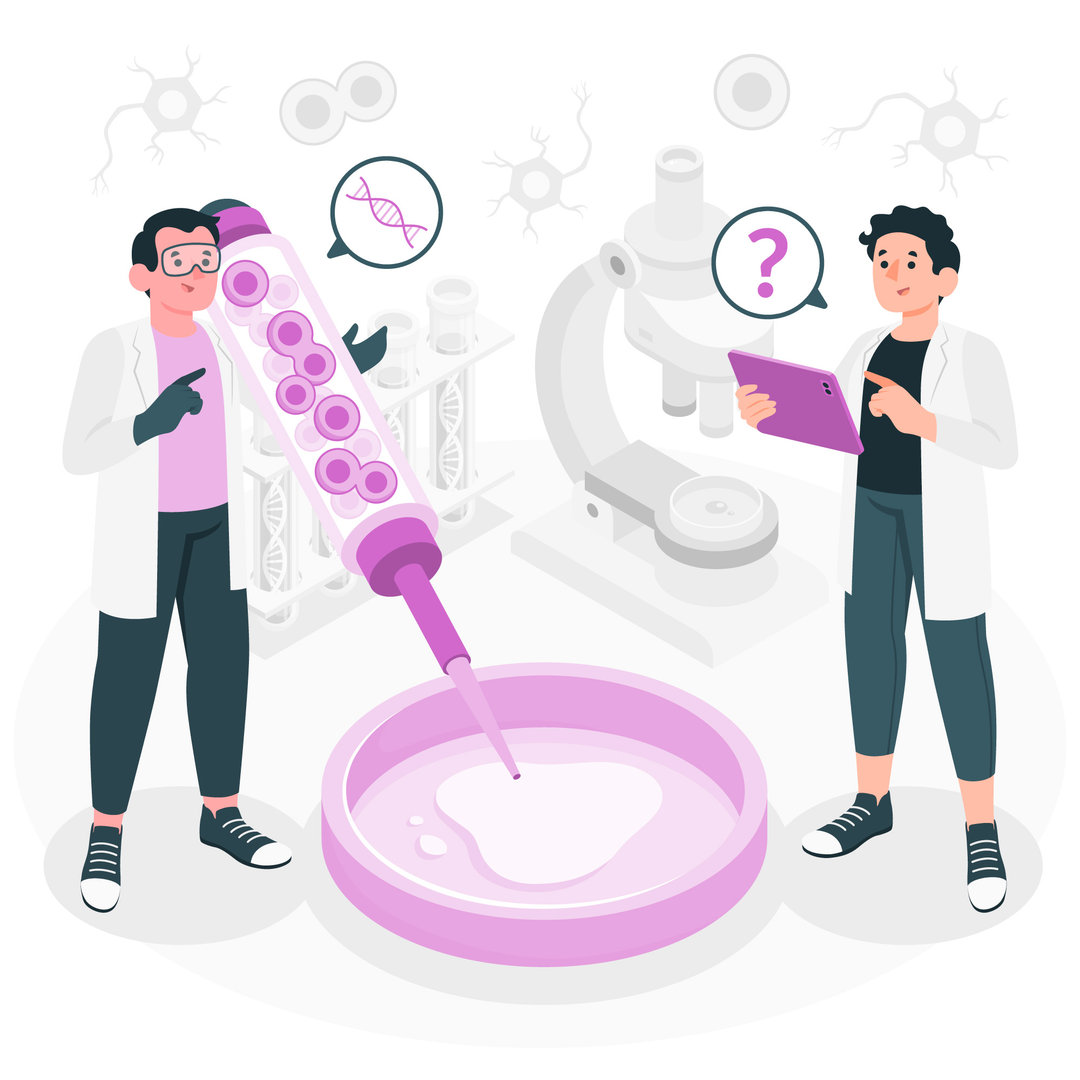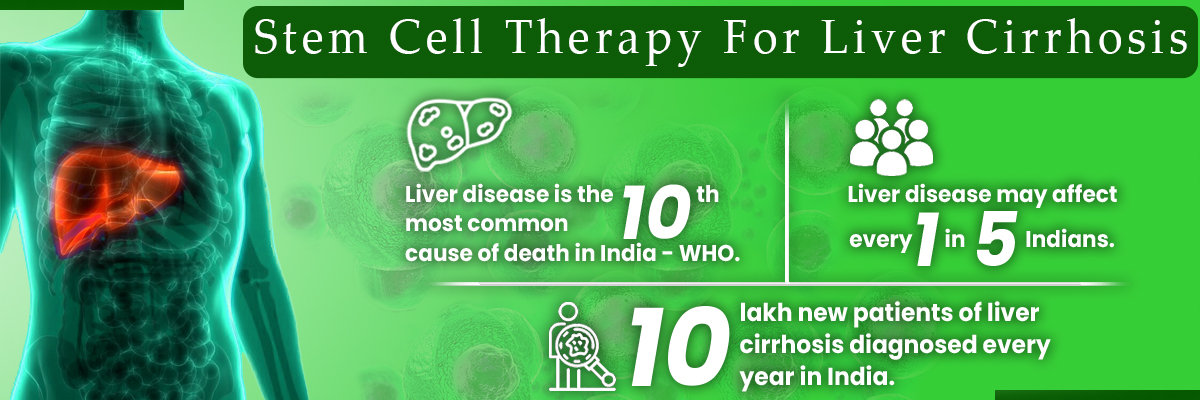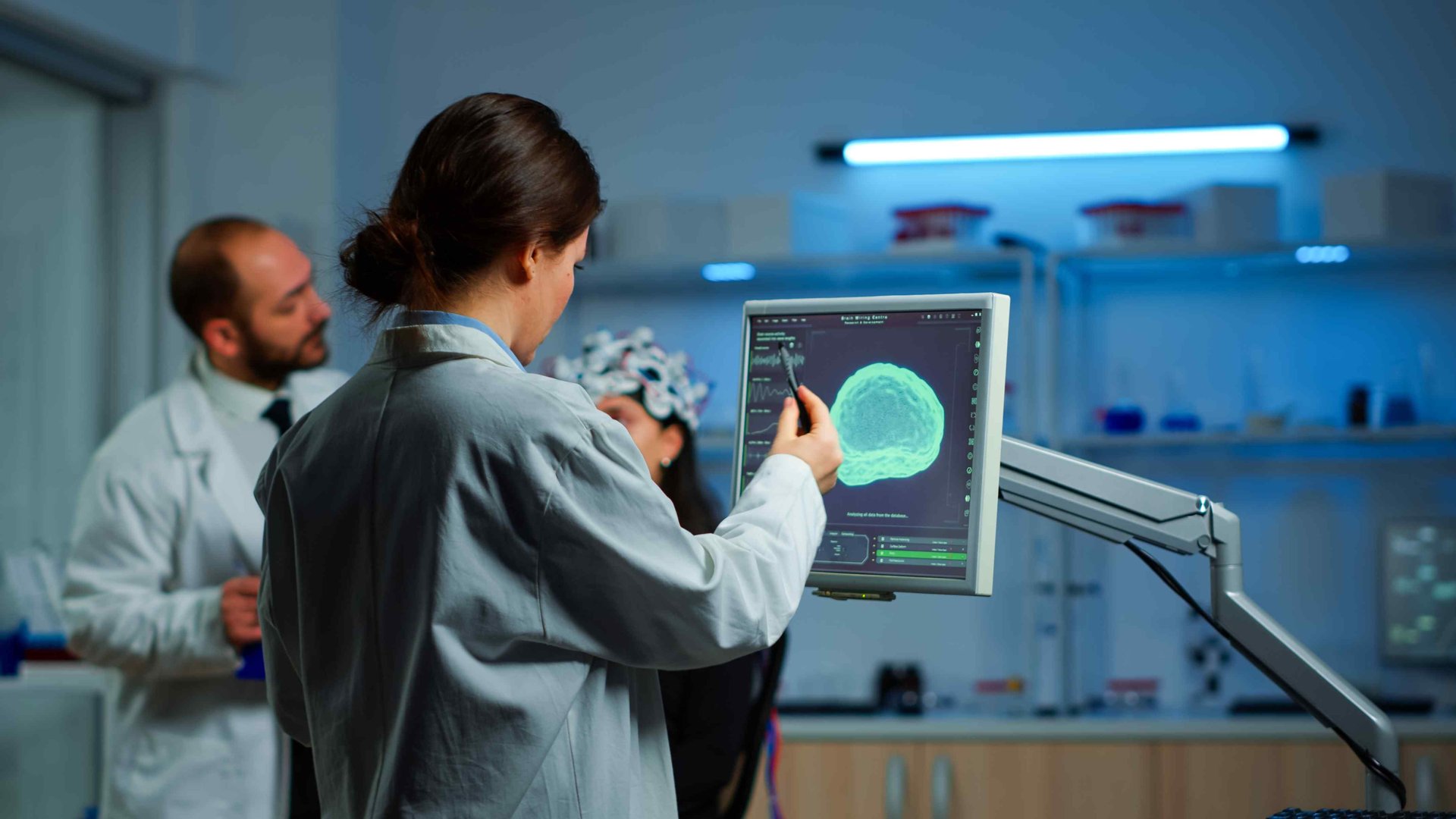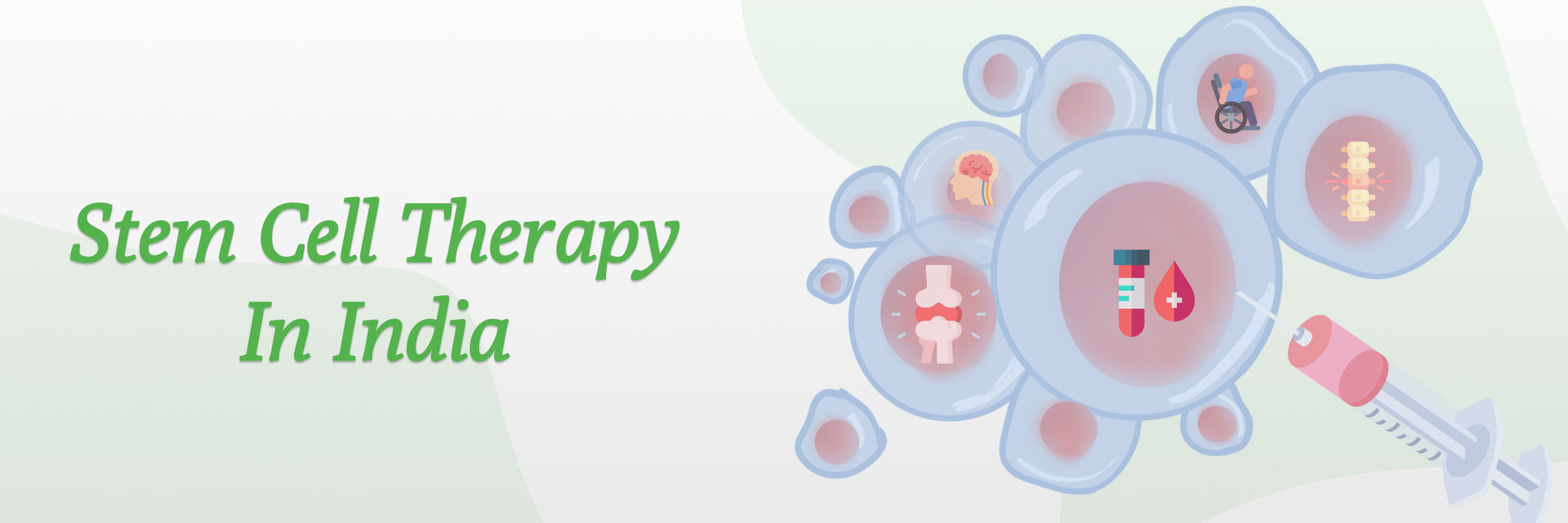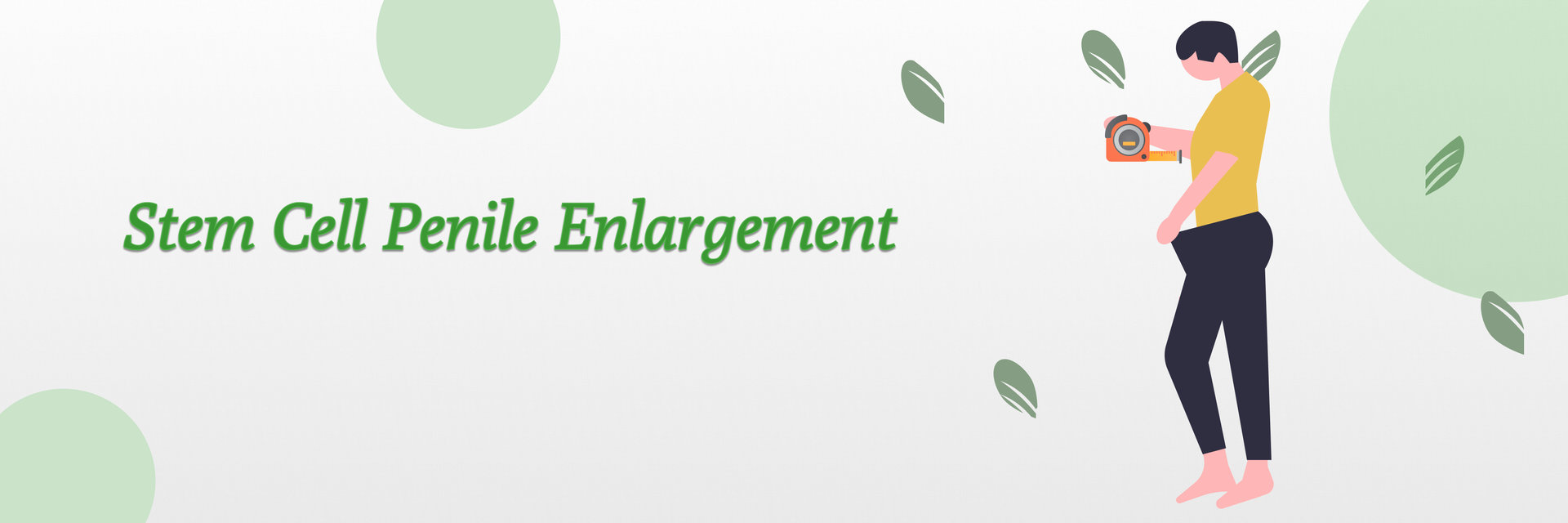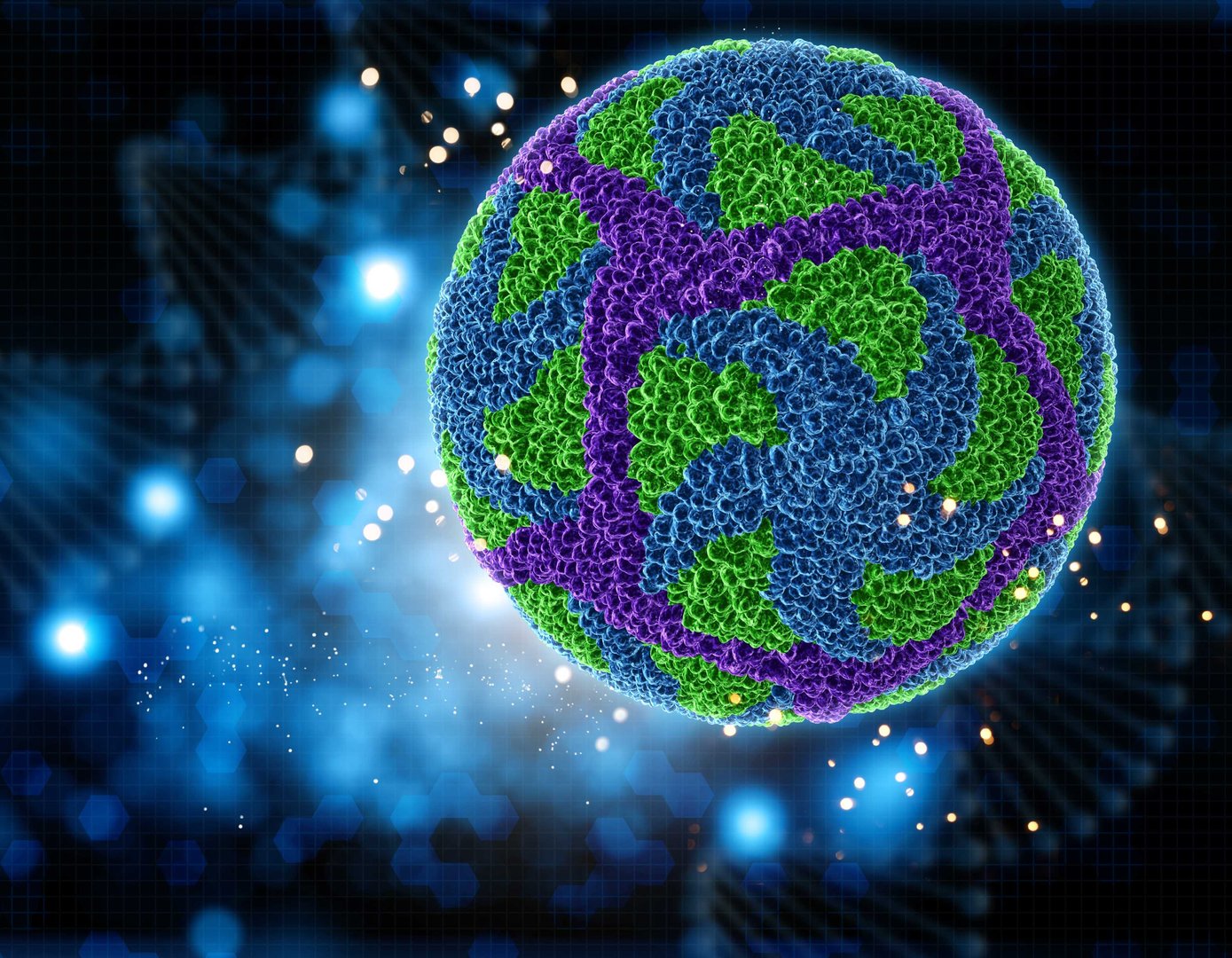Introduction:
Did you know that chronic kidney disease (CKD) affects nearly 10% of India’s population? With over 200,000 deaths annually, CKD ranks as the eighth leading cause of death in India, primarily due to rising cases of diabetes and hypertension.
These conditions often lead to kidney failure, requiring lifelong dialysis or kidney transplants, which are not only expensive but also physically and emotionally taxing. This growing health crisis highlights the urgent need for advanced solutions like stem cell therapy for kidney regeneration.
Renowned urologist Dr. Pradeep Mahajan, a pioneer in regenerative medicine in India, emphasizes the transformative potential of stem cell therapy in restoring kidney function and reducing dependency on traditional treatments.
Discover how stem cell therapy is revolutionizing kidney regeneration and offering hope for millions. Book online doctor consultation Take the first step towards improved kidney health!"

What Are Stem Cells?
Stem cells are the body’s raw materials—cells from which all other specialized cells with specific functions are generated. These unique cells can either replicate to produce more stem cells (self-renewal) or differentiate into specialized cells like kidney cells, nerve cells, heart cells, and more. This makes them incredibly valuable in regenerative medicine, especially for chronic conditions that cause irreversible tissue damage, such as chronic kidney disease (CKD).
There are different types of stem cells used in kidney regeneration therapy:
- Mesenchymal Stem Cells (MSCs) – Found in bone marrow, adipose (fat) tissue, and umbilical cord tissue, MSCs are known for their anti-inflammatory, anti-fibrotic, and immunomodulatory properties.
- Induced Pluripotent Stem Cells (iPSCs) – Adult cells reprogrammed to an embryonic-like state, capable of turning into any type of kidney cell.
- Autologous Stem Cells – These stem cells are harvested from the patient’s own body, reducing the risk of immune rejection.
Because of these powerful traits, stem cells are becoming a game-changer in treatments once considered incurable, like kidney failure.
The Science Behind Stem Cells and Kidney Regeneration
Stem cell therapy for kidney regeneration is transforming the future of renal care. With the rising prevalence of chronic kidney disease (CKD), particularly due to diabetes and hypertension, there's an urgent need for advanced, effective treatments. Regenerative medicine using stem cells offers a groundbreaking solution by targeting the root cause of kidney damage—cellular degeneration and inflammation.
Your Path to Better Kidney Health Starts Here!! Explore Kidney Treatment Options at ClinicSpots and connect with leading specialists for personalized care.
Understanding Kidney Damage and Its Risk Factors
Kidney damage often develops silently, triggered by chronic health conditions. Some of the most common risk factors for kidney disease include:
As these risk factors take their toll, the kidneys may gradually lose their ability to filter blood properly. Over time, healthy kidney tissue is replaced by scar tissue (fibrosis), leading to chronic kidney disease (CKD) and eventually end-stage renal disease (ESRD)—a stage where dialysis or kidney transplantation becomes necessary.
However, stem cell therapy offers hope for kidney regeneration. Ready to explore leading stem cell therapy hospitals in India? Check out the 10 Best Hospitals for Stem Cell Therapy and start your healing journey today!
How do Stem Cells help in Kidney Regeneration?
Stem cells provide a powerful alternative to traditional kidney treatments by promoting natural tissue repair. Here's how:
- Cellular Repair and Regeneration: Stem cells, particularly mesenchymal stem cells (MSCs), can differentiate into renal tubular cells and podocytes, replacing damaged tissue in the nephrons—the functional units of the kidney.
- Reduction of Kidney Inflammation: MSCs have immunomodulatory effects that reduce chronic inflammation, a major contributor to CKD progression. This helps preserve remaining kidney function.
- Anti-Fibrotic Action: Stem cell therapy limits the development of fibrosis (scarring), maintaining healthy kidney architecture and supporting long-term function.
- Stimulation of Natural Repair Mechanisms: Stem cells release paracrine factors—such as cytokines, growth factors, and exosomes—that encourage the kidney’s own cells to repair and regenerate tissue.
- Improved Filtration and Urine Output: Early clinical studies show promising outcomes in improving glomerular filtration rate (GFR) and creatinine clearance, which are key indicators of improved kidney performance.
Take charge of your kidney health – Enquire now to find out more about our stem cell therapy options!"

FDA Approval and Regulatory Considerations
Currently, stem cell therapy for kidney failure is in the clinical trial phase, and FDA approval is still pending for most treatments. However, studies have shown promising results, especially in animal models and early-phase human trials.
Let's look at the obstacles and ethical concerns in stem cell therapy for kidney regeneration.
Challenges and Ethical Considerations in Stem Cell Therapy for Kidney Disease
While stem cell therapy for kidney repair shows great promise, it also faces key challenges:
- Long-Term Safety
The long-term effects of stem cell treatments for kidneys are still being studied. Researchers are evaluating safety, potential risks, and how durable the results are over time.
- Ethical Issues
Ethical concerns arise around the use of embryonic stem cells, informed consent, and limited access for lower-income patients. These raise questions about fairness and transparency in treatment.
- Regulatory Oversight
Stem cell therapies must meet strict guidelines set by agencies like the ICMR and FDA. Clinical trials ensure safety and effectiveness before therapies become widely available.
Stem cell therapy offers hope, but responsible development and regulation are essential for it to become a safe and accessible option for kidney disease patients.
Explore trusted stem cell therapy specialists in Mumbai and take the first step toward personalized kidney care today!
Future Prospects of Stem Cell Therapy for Kidneys
The future of stem cell treatment for kidney failure is bright, with exciting advancements underway in regenerative medicine.
- Long-Term Benefits
Stem cell therapy may help restore kidney function, reduce the need for dialysis, and improve the quality of life for patients with chronic kidney disease (CKD).
- Innovative Technologies
Experts predict that combining stem cells for kidney repair with breakthroughs like CRISPR gene editing, 3D bioprinting, and nanotechnology could revolutionize kidney care.
- Ongoing Research
Clinical trials are exploring safe and effective ways to deliver stem cell therapy for renal regeneration, offering new hope for patients with end-stage kidney disease.
Stay updated on the latest research and breakthroughs in stem cell therapy to see how it could transform kidney care in the future.
Conclusion
Stem cell therapy for kidney regeneration holds immense potential to transform the treatment of chronic kidney disease. By promoting tissue repair, reducing inflammation, and enhancing kidney function, this innovative approach offers hope for patients seeking alternatives to dialysis and transplants. With ongoing research and advancements, stem cell therapy could soon become a groundbreaking solution for kidney health worldwide. Stay updated on the latest developments in this exciting field!
References:
https://www.ncbi.nlm.nih.gov/pmc/articles/PMC3142450/
https://karger.com/nee/article/126/2/54/378576/Kidney-Regeneration-with-Stem-Cells-An-Overview
